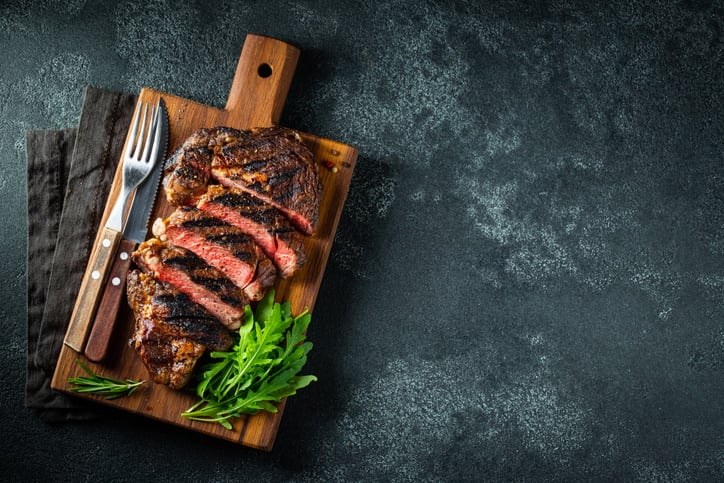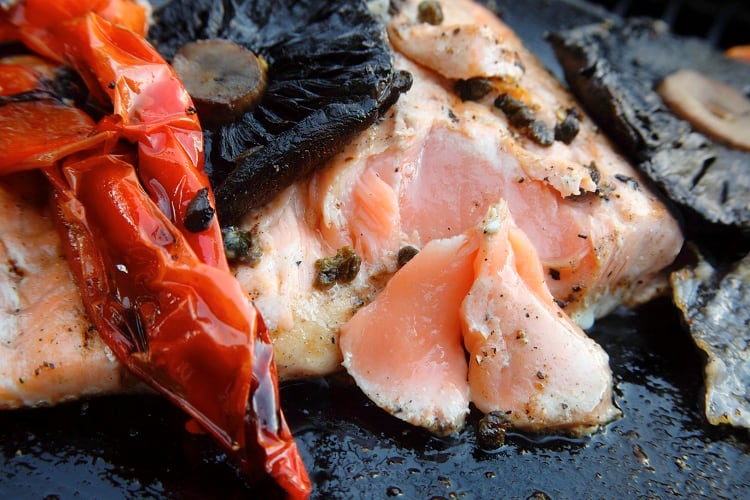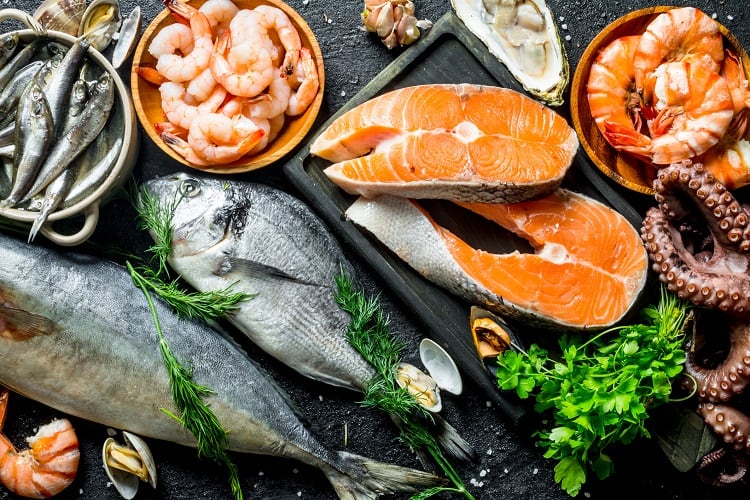The Hub is located in The Valley in Kemptthal, a ‘hotbed of innovation and technology’ near Zurich. It will operate as a stand-alone company providing ‘facilities and knowledge’ to companies working in the cultured meat and seafood space. It will be equipped with a product development lab as well as cell culture and bio fermentation capabilities to help start-ups develop and go to market with the right product.
“The focus of the Hub is to support established food companies and start-ups to both develop new cultured meat products but also to support them to take these products to market. Ultimately the goal of the new company is to create an infrastructure which supports and accelerates the overall development of the future cultured food sector, importantly including scale up,” Fabio Campanile, Global Head of Science and Technology at Givaudan explained.
Each partner brings a unique perspective and expertise to the project, according to Campanile. “Bühler contributes with industry leading solutions that are used in the scale-up and production of thousands of food products around the world; Givaudan brings in centuries of experience and knowledge in every aspect of taste, including all kinds of meat alternatives, and deep expertise in biotechnology, to product development; Migros is known for its competence in customer interaction and market cultivation. The combination of the three partners is remarkable.”
Bringing scale to cultured meat
Cell-based meat has attracted a huge amount of interest in recent years, resulting in a US$700m influx of investment - $400m of which was pumped into the sector in 2019 alone. However, the challenge of scaling up production levels remains significant. And it is this pain point that The Cultured Food Innovation Hub hopes to help address.
“The facility will allow start-ups to scale-up their process without having to first invest in a pilot plant of similar scale themselves. Since such plants can take 18 months to build, combined with increasing lead times due to high demand in the biotech and food sectors for fermentation equipment, start-ups can gain one- to two-years in time to market and potentially avoid a financing round,” Campanile told FoodNavigator, adding that the partners aren’t sharing any capacity details ‘at the moment’.
Beyond supporting the ideation and pilot phases, Campanile revealed the Hub will also offer third-party manufacturing services. “Enabling innovation is a key part of the offer but the joint venture company will offer a contract development and manufacturing service to companies developing cultured meat and fish products,” he told us.
Providing the world with ‘sustainable meat and fish alternatives’
A significant increase in demand for plant-based foods was held up as evidence of consumers’ ‘broad concern for the environment’ as well as the expectation that food products are ‘healthful’, ‘ethical’ and ‘sustainable’.
“In a world facing great challenges from climate change, combined with a population expected to exceed 10 billion people by 2050, the need for sustainable food cultivation and sourcing is critical,” the partners stressed. They believe that cellular agriculture provides the means for ‘farming animal products without raising animals’.
“Consumers are beginning to understand the idea of cellular agriculture and the benefits it can provide; the market is poised for exceptional growth. When you put it all together, it is a winning combination for the planet,” Matthew Robin, Managing Director Elsa-Mifroma at Migros-Industrie, contended.
Cell-based agriculture takes animal cells as a starting point, and then leverages technologies such as fermentation in bioreactors to cultivate meat tissue in a growth medium. According to proponents of the technology, the result is meat that is ‘identical in structure and in taste’ to its animal counterpart with ‘vastly reduced environmental impact and no mass farming or slaughter’.
“The common goal is to create an infrastructure which supports and accelerates the overall development of the future cultured meat sector whilst enabling the three partners to gain deep insights into the opportunities and risks. In the long term, their goal is to help provide the world with sustainable meat and fish alternatives that help combat climate change,” Givaudan’s technology chief said.
“Cellular agriculture offers a solution in several areas from reducing land use and water, to animal welfare, to the safety and quality of the food chain. The three partners in this new venture are each committed to sustainability as individual companies; the combined effort enables the journey to a more sustainable food system,” added Ian Roberts, Chief Technology Officer at Bühler.
The Cultured Food Innovation Hub will go live in 2022. Each of the partners owns one-third of the initiative but the level of investment behind the new company is ‘commercially confidential’, we were told.




